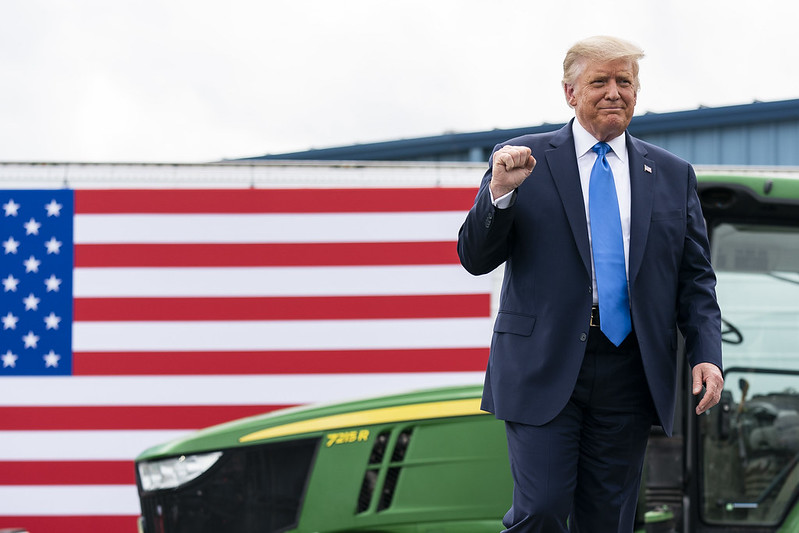The Supreme Court has agreed to take up a challenge from Republican Rep. Mike Bost to an Illinois law that allows election officials to count mail-in ballots received up to two weeks after Election Day, provided they are postmarked or certified by the voter as having been cast by that date.
Bost’s lawsuit is one of several cases backed by allies of President Donald Trump aiming to exclude ballots received after Election Day from being included in official vote tallies.
However, it appears unlikely that the nation’s highest court will issue a definitive ruling on the broader issue in this case. Lower courts dismissed Rep. Bost’s lawsuit partly on the grounds that his claimed injury from counting late-arriving ballots was too speculative to establish legal standing.
That question of standing is the only issue his legal team presented to the justices, meaning any ruling would likely focus solely on whether Bost can proceed with his lawsuit. Still, the Court sometimes expands the scope of its review during oral arguments or in its final decision, Politico reported.
The justices announced Monday in a routine orders list that they will hear the case, with arguments expected this fall and a decision likely by June 2026. According to the National Conference of State Legislatures, Illinois is one of 18 states that allow mail-in ballots to be counted if they arrive after Election Day.
Trump has repeatedly criticized states that count mail-in ballots after Election Day and has raised concerns about potential fraud tied to mail-in voting. He has questioned why in-person and mail-in vote totals often show significant differences, particularly when mail-in ballots favor Democrats—a trend that has become more pronounced since the widespread adoption of mail voting during the COVID-19 pandemic. In response, many Republicans have pushed to expand their own mail-in voting efforts to close the gap.
“They have to be decided by 9 o’clock, 10 o’clock, 11 o’clock on Tuesday night,” Trump said on the campaign trail last November as he warned of fraud that he said would be perpetrated by “crooked people.”
In March, President Trump signed an executive order declaring the counting of ballots after Election Day to be unlawful. The order has since sparked at least five legal challenges, with lawsuits targeting different provisions of the directive, Politico reported.



